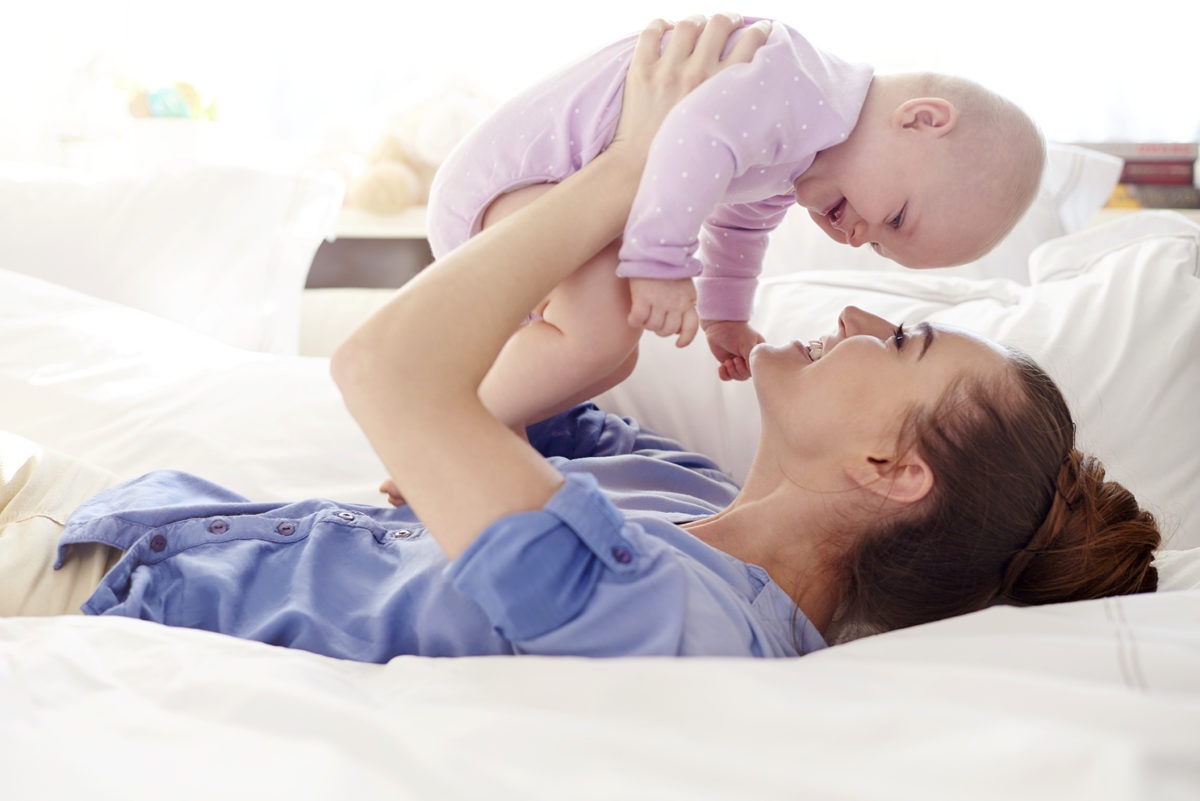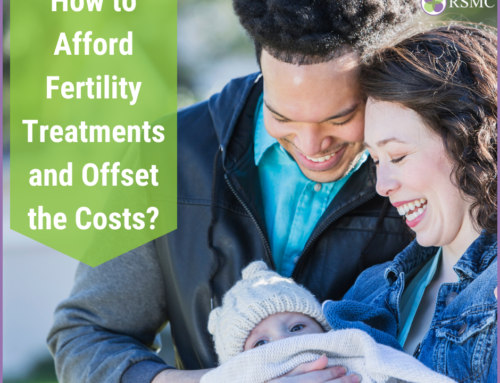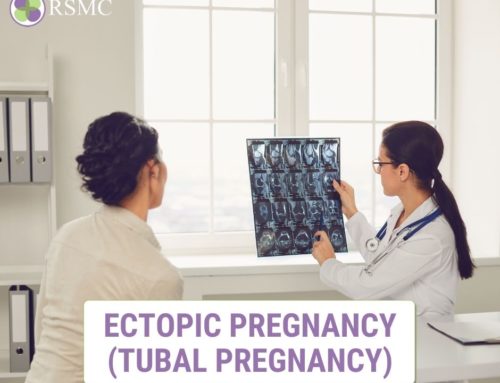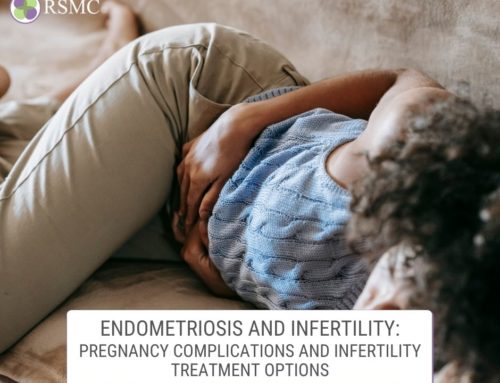Diagnosis and treatment for cancer is stressful. If this wasn’t enough, there’s additional stress of infertility risks for women who haven’t started or completed their families already. With improvements in the treatment of cancer, the survival rate for certain types of cancer is now higher than ever. But this comes with other consequences that must also be taken into consideration. Cancer treatments can have an adverse effect of infertility on women. This is the reason why cancer patients who are of childbearing age feel distressful about having children after undergoing treatment.
There are other factors to consider, but it doesn’t necessarily mean that a cancer survivor must give up on their dreams of starting a family. With Reproductive Sciences Medical Center’s (San Diego & Irvine fertility clinic)new techniques and oncofertility treatments, women who have endured chemotherapy or radiation are more than capable of getting pregnant and giving birth successfully.
What Factors in Pregnancy Do Cancer Affect?
There are different aspects for every individual woman’s case. Medical professionals must look at each of them to determine whether she is a suitable candidate for oncofertility treatments. Oncofertility focuses on ways to preserve female fertility prior to their cancer treatment.
The diagnosis of type and stage of cancer and the type of treatment are vital factors to find out the effect on fertility & pregnancy. A woman who had ovarian cancer and undergoes treatment will have completely different circumstances from the one who has undergone lung cancer treatment. It is also important to get exact information on what stage the cancer is in. This will give our experts of women infertility an idea of what the patient’s body has already endured. It gives insight to what will be the best treatment option. The type of cancer treatment that a patient had or will have is of utmost importance. Some therapies will be less harsh on the patient’s body than treatments like chemotherapy.
Although it is not necessary, some doctors do recommend waiting at least six months after you receive the all-clear to try and get pregnant. Some doctors even recommend waiting between two and five years. Again, this is solely dependent on the individual patient’s health. Discussing the patient’s medical history and circumstances is vital in determining if IVF or other women infertility treatments are viable options. Either way, pregnancy is not impossible following cancer diagnosis and treatment. Always remember when it comes to IVF, the younger the better.
How Cancer Affects Pregnancy
Studies indicate that pregnancy does not effect on the chances of cancer coming back after remission in any way. This means that a woman who has gone through cancer treatment and decides to try to conceive can be rest assured that she is not increasing her chances of relapse.
But unfortunately, cancer treatments are often harsh, and they reduce the likelihood of the patient getting pregnant. Radiation therapy may affect the blood supply and the support cells of the uterus. This directly increases the chances of miscarriage, early birth, and other problems like low birth weight. Chemotherapy has its own sets of drawbacks, which can negatively affect the heart. This treatment includes a variety of medicines, which can damage and weaken the heart. Pressure on the heart increases immensely during pregnancy and labor. So, this is something that you must discuss in detail with your physician before going ahead with oncofertility treatments. A woman who has undergone chemotherapy and is going to have a baby should avoid breastfeeding. There is a good chance that the chemical residue remaining in the body may come back through the breast milk.
Research in our fertility clinic – San Diego shows that very few cancers appear to have genetic elements. Which means that in some cases there does not seem to be a chance that the child is at high risk of developing the same disease as the parents might have suffered.
Oncofertility Treatments for Infertility in Women
The best option for women who have been diagnosed with cancer is egg freezing. This is also known as oocyte cryopreservation (eggs that are not fertilized). If this is an option, it should be taken advantage of. The quality of eggs at a young age are significantly higher. This is especially the case if the patient will have to go through with the cancer treatments that are likely to affect her physically.
After treatment and remission, the patient will have the luxury of time before attempting an IVF cycle. There are other possibilities for patients if not IVF. Depending on the situation and age of the individual patient it is possible that her eggs are still suitable for IVF post-cancer. If not, there’s always the option of egg donation. Usually Egg donation doesn’t have a long wait time, since many donors are already screened and ready. All you have to do is to find a match and shortly after that you can move on to the next step. It is a perfect way to move forward quickly.
It’s a traumatic experience for the patient and her family to get diagnosed with cancer and going through treatment. It comes as an additional blow if they believe cancer diagnosis & treatment can be a barrier to pregnancy and cost them their dream of starting a family. RSMC fertility clinic, located in San Diego, has worked with many cancer patients and has had a high success rate. With our ground-breaking research and cutting-edge treatments, we are delighted to be able to provide hope for all cancer survivors. If you would like to learn more about oncofertility treatments, you can reach out to us at www.fertile.com or call (858) 215-6940 to schedule a consultation.























